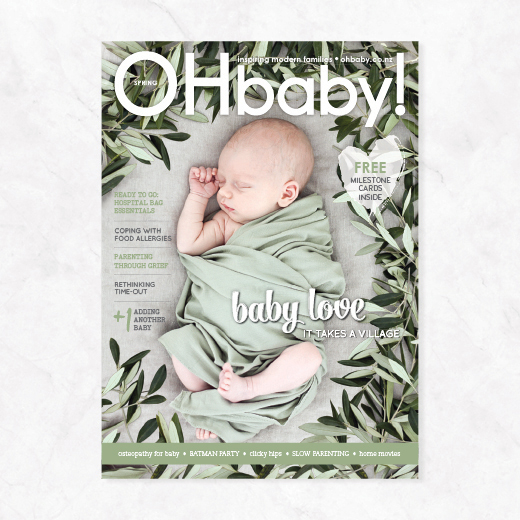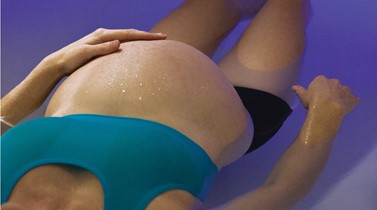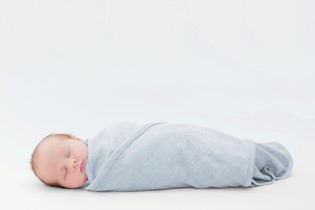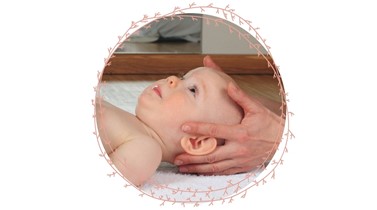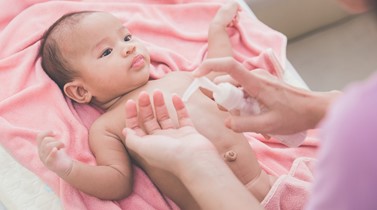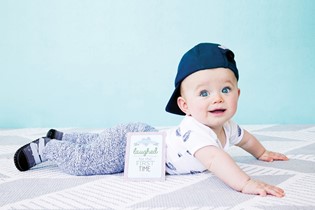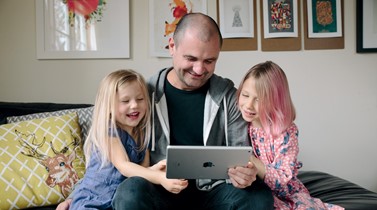Sperm donation: a gift that keeps on giving
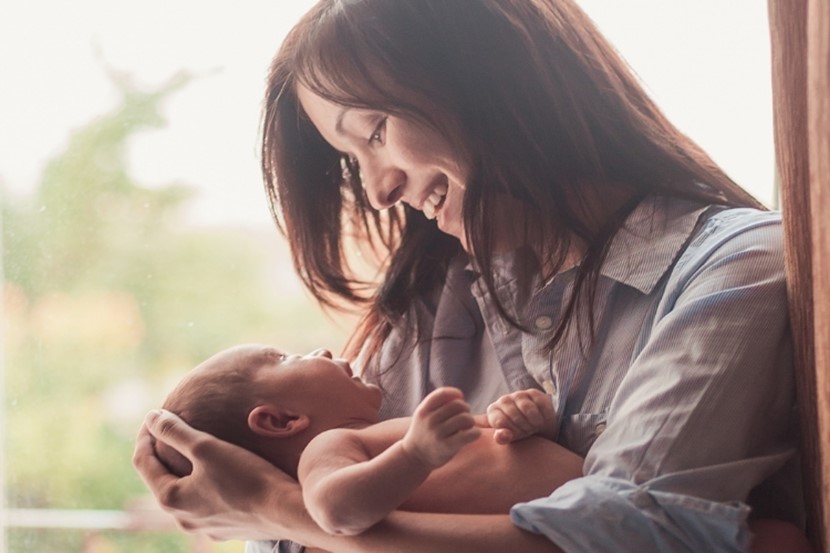
Modern families are made in many different ways. Dr Andrew Murray provides an update on sperm donation.
So who would need a sperm donor? The three most common groups are single women, lesbian couples, and heterosexual couples with significant male factor infertility.
For single women, the prospect of parenting on their own is a big step, however with the increase in age of first-time mothers, combined with other social issues such as career, travel and the 'man drought', many women are needing to contemplate this option. The majority of single women I have met would prefer to be parenting with a partner, but Mr Right, or more often Mr Commitment, simply hasn’t come along. With fertility dropping rapidly from age 35, the drive to have the chance of becoming a mother overwhelms the plans to defer parenthood any longer while waiting for the right bloke to come along.
For lesbians there is really no choice for obvious reasons. In the case of heterosexual couples, there have been amazing advances with IVF where men with extremely low sperm counts can still have children. However, some men have none at all, or perhaps their partner chooses not to use IVF – these are the heterosexual couples who might consider using a sperm donor.
Supply and demand
The need for sperm donors is rising in New Zealand. In addition to constant demand, we are also seeing an increasing number of single women looking for the help of a sperm donor to conceive. In the early 2000s we would have seen single women making up 25% of the waiting list and heterosexual couples making up 50%. Now 45% of those waiting for a sperm donor are single women, 30% are same-sex couples and 25% are heterosexual couples. These changes are due to a number of factors.
Firstly, fertility technology has come a long way, especially with the introduction of ICSI (intracytoplasmic sperm injection) and, more recently, IMSI (intra-cytoplasmic morphologically selected sperm injection). During the ICSI technique the embryologist injects sperm into each egg. IMSI is a variation of ICSI using higher magnification that allows the embryologist to look at the sperm head in detail. With a magnified view of the sperm, we can see small details, such as subtle abnormalities, and then we only select the best sperm to meet the egg.
Secondly, society has become more accepting of women having families on their own. It may not be a woman's first choice, but with today’s lifestyle and pressures, we are seeing many women on their own in their thirties and early forties. There are a lot of assumptions around the ‘man drought’, or women making different choices today than they did last century. Either way, the fact is that today, society and technology are enabling single women and same-sex couples the option to have a family of their own.
Good keen blokes
Kiwi men are great guys. The main reason that we see donors coming forward is that they want to help others. Various factors motivate donors:
• They want to give a family the gift of a lifetime
• They want to help a personal friend
• They may have experienced infertility themselves, or know someone who has
• They have their own family and want to help others have the same
However, we don’t have enough donors. Currently the waiting time for a donor is between 10 and 20 months. We're often asked who would make a good sperm donor. The short answer is healthy males between the ages of 20 and 45 years old with a good sperm count (we will test this along the way). And of all ethnicities. We are especially short on donors who are of Maori or Pasifika ethnicity.
So why the shortage?
What is holding back more good men coming forward? Research has shown one reason to be that often a woman will not want her partner to donate. If a donor is in a relationship, his partner can be guarded about this process, and deter their male from donating. Partners do need to be included in the process and we provide counselling to help talk through any future considerations.
Another reason is that, unlike in the movies, we do not pay donors in New Zealand. At Fertility Associates we can currently only cover travel and parking costs. Being identified can create some hesitation for donors coming forward too.

The identity question
In our 25 years of experience, Fertility Associates has found that the donor/recipient family relationship can be managed carefully with positive outcomes for all parties. As a donor, you don’t have any legal or financial obligations to the recipient family. Once a child turns 18, they are eligible to seek out their donor's identity. With a child’s best interests at the forefront, most parents intend to share the information of how a donor helped them to become a family – with their children and often also their wider family.
Some parents and children ask if they can communicate with the donor and swap letters and photographs. The clinic coordinates any exchange of information and supports donors by offering appointments with our counsellors who have knowledge, resources and experience around issues raised by having contact.
Being identified may feel like a barrier for some men, but actually we find that the contact can be controlled to what works for each situation, and we can help with the communications along the way. Sometimes children want to ask their own questions, so they understand that big question – where do I come from?
What women want
Women are typically looking for certain characteristics in a sperm donor. Intelligence definitely rates quite highly. A lot of women prefer their donor to have a university degree and a certain level of success and achievement. Women also like animal-lovers. Men who are good all-rounders, ie men who have a flair for the arts and some sporting ability too. Some women are happy with a donor who reminds them of their Dad.
Looks are largely only important for heterosexual couples, who need to match to the father as closely as possible, or for ethnic minority patients.
Sperm donor recipients seem to prefer either someone just like themselves and their own family, or the polar opposite so that qualities are balanced out in a child (hopefully!).
Our message to our patients is usually to pick someone they think their child might be comfortable meeting in the future.
We hope that more men come forward to help those on our waiting list achieve their dream of having a baby and starting their own family.
|
WHAT DOES A SPERM DONOR NEED TO DO? (besides the obvious) 1. Visit fertilityassociates.co.nz and fill out the online form. Our donor coordinator is available at this point to answer any questions. 2. Visit the clinic and meet our donor coordinator who will explain what is involved in the process. 3. Produce a sperm sample for a sperm count, and also to see how well sperm survive freezing and thawing. 4. Basic screening tests are then carried out to ensure a potential donor's sperm is mobile and healthy. 5. Attend an appointment with one of our doctors who will go through medical and family history. 6. Have a conversation with one of our counsellors, who talk through all that is involved in being a sperm donor. |
|
Dr Andrew Murray is Medical Director of Fertility Associates Wellington. He is also a senior lecturer at Wellington School of Medicine and a consultant obstetrician and gynaecologist at Wellington Hospital. |

AS FEATURED IN ISSUE 35 OF OHbaby! MAGAZINE. CHECK OUT OTHER ARTICLES IN THIS ISSUE BELOW
